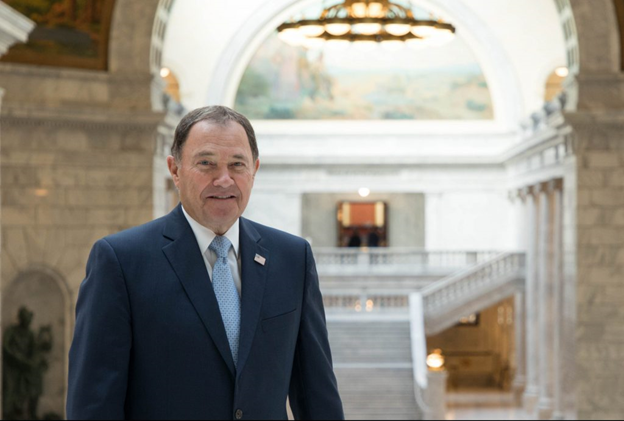California’s effort to turn school staff into teachers starts to pay off – By Diana Lambert, Edsource
A state program that recruits classroom aides, food service workers and bus drivers — who are already on campus and invested in local schools — and trains them to become teachers is one innovative way California is trying to combat its teacher shortage.
The California Classified School Employee Teacher Credentialing Program has helped transform 299 school employees into teachers, with thousands more in the pipeline, according to a new report from the California Commission on Teacher Credentialing.
Legislators have approved $45 million for the program since 2016, as part of an ongoing effort to address a teacher shortage that has left many classrooms without a fully credentialed educator. Finding teachers, especially those teaching science, math, special
education and English language learners, has become a daunting challenge, particularly for school districts in areas with high housing and other costseducation and English language learners, has become a daunting challenge, particularly for school districts in
areaswith high housing and other costswith high housing and other costs

Kentucky to pay for the GED test for thousands of Kentuckians, Gov. Andy Beshear says – By Olivia Krauth, Louisville Courier
Kentucky will pay for thousands of GED tests to help Kentuckians' further their education, state officials announced Tuesday morning.
Kentucky's Education and Workforce Development Cabinet will allot $600,000 to waive GED test fees for first-time test-takers in the coming year, Lt. Gov. and Cabinet Secretary Jacqueline Coleman said.
About 335,000 Kentuckians over the age of 18 don't have a high school diploma or GED, officials said. Paying for a test should not be a barrier to better-paying jobs, they added.
"If we're going to thrive as a state, we have to have multiple opportunities for all of our citizens to succeed," Gov. Andy Beshear said in a press conference Tuesday.
More education can lead to better jobs, fewer people working multiple jobs and ending the cycle of poverty, Beshear said.

Utah governor requests tuition freeze among budget proposals – AP News, The Standard-Examiner
Utah's governor released an annual budget proposal calling for a freeze on college and university tuition increases until a specific definition of higher education affordability can be established.
Republican Gov. Gary Herbert requested that the governing bodies of the state’s higher education and technical college networks be merged into a single, post-secondary education oversight entity, The Salt Lake Tribune reported.
The education proposal was among the final recommendations announced Wednesday by Herbert, who is not seeking reelection in November.
Herbert’s $20 billion budget proposal makes use of an estimated $682 million in surplus state revenue, while also reflecting a $160 million tax cut approved by legislators during a December special session.

Governor Gary Herbert – governor.utah.gov
Newark students will learn how to protect the planet at revamped environmental studies academy – By Patrick Wall, Chalkbeat
Growing up in Newark, young people are surrounded by environmental hazards — from lead-tainted water to polluted air. Now, more students will be able to help identify solutions.
Newark Public Schools is expanding an environmental studies program at Central High School, part of a district-wide effort to establish career-training programs inside every comprehensive high school. Through the program, students will be able to earn college credits
as they develop skills that could help them one day tackle local threats, such as contaminated water, or global issues, such as climate change.
“We are owning the responsibility to make sure that we preserve and conserve the world for our future and the generations to come,” said Principal Sharnee Brown at the program’s launch on Tuesday.
Newark’s new vocational programs, which the district is calling “academies,” are the centerpiece of Superintendent Roger León’s plan to reinvigorate the comprehensive high schools. Those schools tend to have a harder time recruiting students than the district’s
selective magnet high schools and many of the campuses are low-performing. But León is betting that the academies will spark new interest in the schools while preparing students for college and lucrative jobs.











